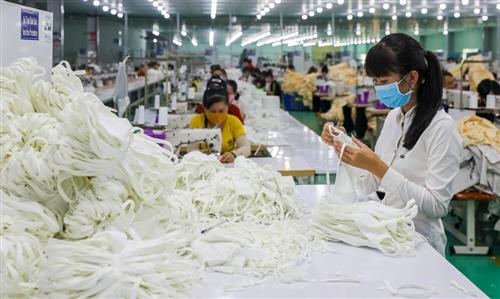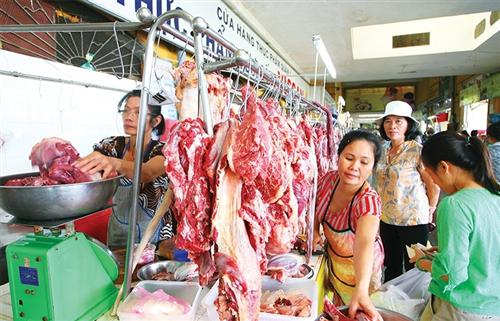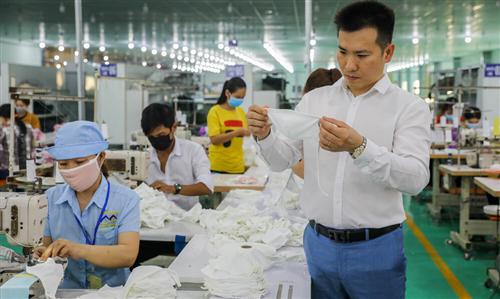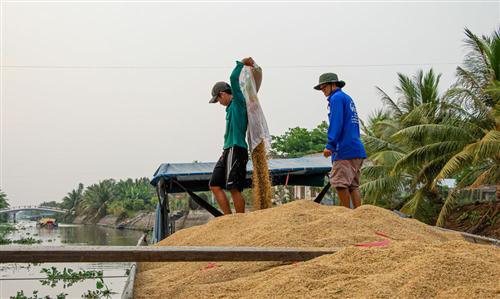Vietnam’s wood exports face scourge amid COVID-19: official
Vietnam’s wood exports face scourge amid COVID-19: official

Citing findings from a survey of 130 Vietnamese wood-processing firms, Deputy Minister of Agriculture and Rural Development Ha Cong Tuan said that industry companies suffered average losses of around VND25 billion (US$1.06 million) during the first quarter of this year.
As such, total losses in the sector have amounted to VND3-5 trillion ($128-213 million).
Tuan also noted that local wood processors have seen approximately 80 percent of their planned exports postponed until further notice as American and European Union partners, 51 percent and 39 percent of their export market, respectively, remain in lockdown.
Local firms have since set their sights on the Japanese and South Korean markets to keep their heads above water.
Meanwhile, Chinese traders who import some eight percent of Vietnam’s wood products mainly purchase wood chips, according to the official.
“Due to the impacts of the COVID-19 pandemic, the Chinese market is only starting to recover and it will take some more time before things return to normal,” he said.
In the domestic market, around 70-80 percent of the wood products made in traditional craft villages are without buyers, thus forcing a suspension of production.
High-end products meant for hotels and offices have seen a 90 percent decline in revenue year-on-year.
The deputy minister said the production and consumption of wood products have been sluggish.
Consequently, suppliers of raw and auxiliary materials are bearing the brunt of the economic hardship brought on by the virus.
At least 90 percent of wood processors have either suspended their operations or rotated their workers, putting the supply chain at serious risk of disruption should things begin to return to normal, he continued.
Tuan said the ministry has already put forward two solutions to the government to support virus-stricken firms, including those in the wood sector.
As a result, the government has allowed affected firms to defer their tax payments for five months.
The State Bank of Vietnam has also offered those affected a preferential loan package worth around VND285 trillion ($12.1 billion).
Recently, the government earmarked VND62 trillion ($2.6 billion) for an aid package aimed at helping local workers cope with the economic downturn caused by the COVID-19 outbreak.
According to the official, the ministry has urged wood processors and their associations to seek new export markets and pay more attention to the local market in a bid to maintain their operations.
He revealed that the Vietnam Administration of Forestry will work with wood associations and craft villages once social distancing measures are lifted to help them resume their operations.
Experts were quoted by the Vietnam News Agency as saying that the European Union-Vietnam Free Trade Agreement, or EVFTA, will open wider doors for Vietnam’s wood products to penetrate the market of 27 member states, with tariffs set at six percent or less.
However, they also noted that any breakthroughs in exports in this market would not be seen until next year.
Vietnamese lawmakers are expected to adopt the trade pact at a National Assembly sitting next month.
Vietnam earned $10.5 billion from its export of wood and wood-based products in 2019, up 18 percent against the previous year, according to the Vietnam Administration of Forestry.
The government has set a target of $20 billion in annual wood exports by 2025, which may now be regarded as a tough task.




























